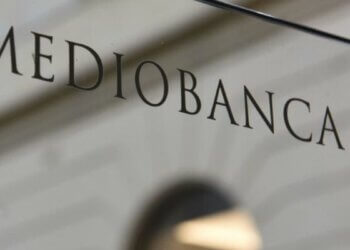The U.S. government received a double-A credit rating downgrade from Moody’s which revived fears about the possibility of American debt default. The downgrade reveals increasing doubts about America’s financial future beyond the present moment.
No country has defaulted on its debt within ten years of obtaining a triple-A credit rating throughout its entire history. Among the double-A-rated countries Cyprus stands out as the sole nation which defaulted on its debt. The Mediterranean nation defaulted in 2013 after a banking crisis together with capital flight which serves as a warning for current situations.
The United States shares no direct economic similarity with Cyprus but its specific financial circumstances raise cause for concern. The financial downfall of Cyprus resulted from both weak financial structures and its complete dependence on foreign capital. The U.S. maintains its own currency system alongside its extensive economic resources. The United States would default because of political opposition to debt payment rather than financial inability if a default were to happen.
The political risks identified by Moody’s represent the main source of concern for the company. Political standoffs between Congress parties have caused the United States to approach debt default since it has sufficient financial means to pay its debts. The recurring political battles over debt ceilings along with government shutdowns have generated avoidable financial risks which have weakened public trust in U.S. economic management.
The default of Cyprus emerged from its financial ties to Greece and its unstable banking institutions. The nation operated within the eurozone without the capability to create its own currency which is a power the United States holds. Despite their distinct characteristics Moody’s indicates that nations holding double-A credit ratings face a 0.7% probability of default within ten years whereas triple-A rated nations show no risk of default.
Sovereign issuers rated as investment-grade show a default rate of 1.8% throughout ten years but those classified as speculative grade default at a rate of almost 24% according to Moody’s data. Corporate bond investors face higher default risks with investment-grade companies at 2% while junk-rated firms experience default risks of 30%.
When Cyprus defaulted on a $1.3 billion payment its creditors received only 53 cents for every dollar they claimed which demonstrates how one failed payment can inflict severe financial damage.
The U.S. downgrade serves as an advisory measure instead of a prediction about default. The warning suggests that if Congress fails to demonstrate effective debt management alongside fiscal policymaking improvement then America will face declining financial reputation which may trigger increased borrowing expenses and economic instability.










